Home>Articles>What Type Of Insulation Is Best For Basement Walls?
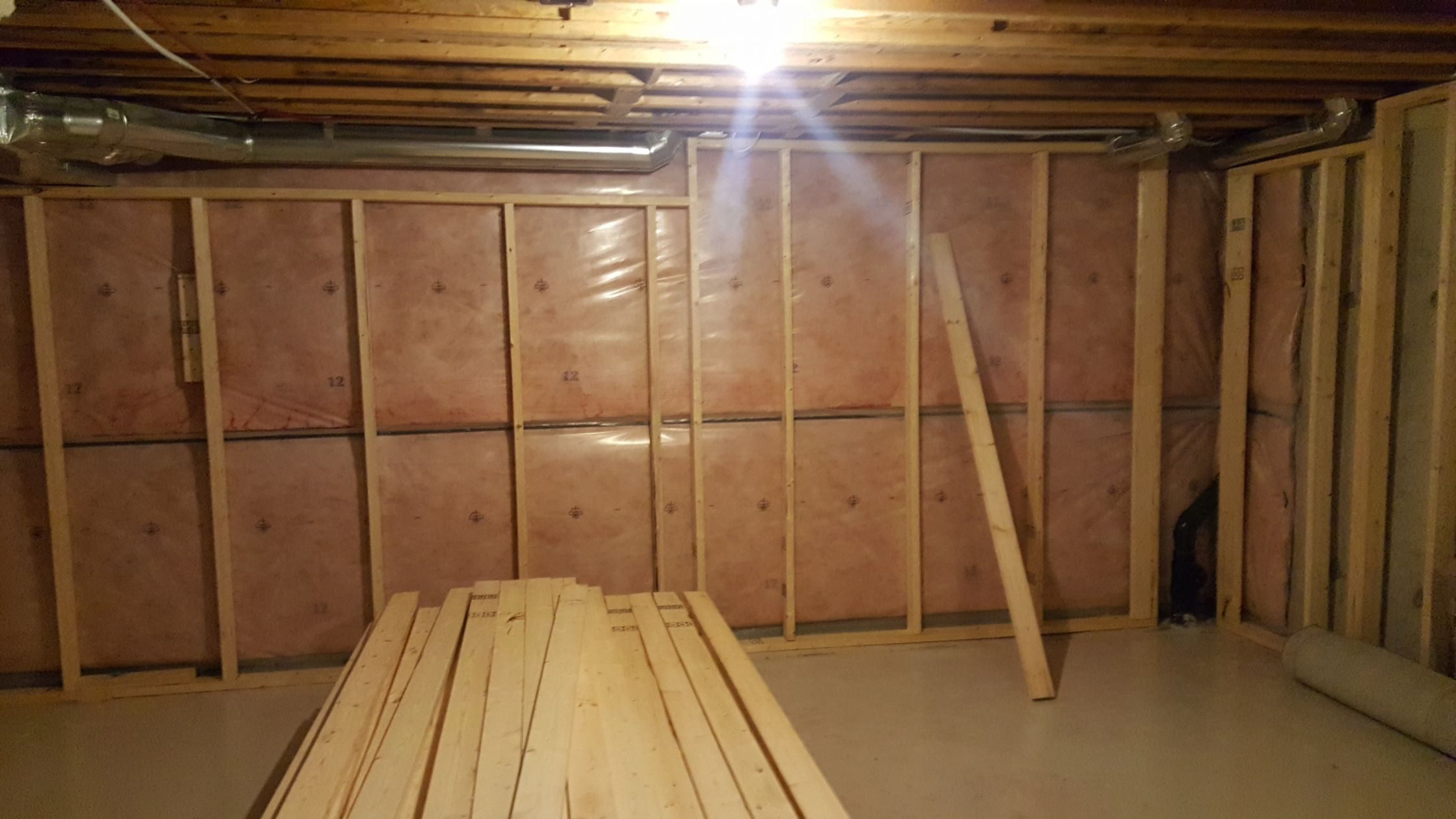

Articles
What Type Of Insulation Is Best For Basement Walls?
Modified: October 18, 2024
Discover the best type of insulation for basement walls in this informative article. Learn about different options and make an informed decision for your basement renovation.
(Many of the links in this article redirect to a specific reviewed product. Your purchase of these products through affiliate links helps to generate commission for Storables.com, at no extra cost. Learn more)
Introduction
Insulating basement walls is crucial in maintaining a comfortable and energy-efficient home. Basements are often prone to moisture and temperature fluctuations, making it essential to choose the right type of insulation. The right insulation not only helps in regulating the indoor temperature but also prevents the growth of mold and mildew.
When it comes to insulating basement walls, there are several factors to consider. It’s important to understand the different insulation options available and their pros and cons. Each insulation type has its own unique characteristics, making it suitable for specific situations and budgets.
In this article, we will explore the five most popular insulation options for basement walls: Spray Foam Insulation, Rigid Foam Insulation, Fiberglass Insulation, Cellulose Insulation, and Mineral Wool Insulation. By understanding the distinct features of each, you can make an informed decision and choose the best insulation for your basement walls.
Key Takeaways:
- Choose spray foam insulation for superior air sealing and energy efficiency in your basement, but be prepared for the higher cost and need for professional installation.
- Consider mineral wool insulation for exceptional fire resistance and sound absorption, making it ideal for creating a safe and quiet basement environment.
Read more: What Type Of Paint For Basement Walls
Factors to Consider
Before deciding on the type of insulation for your basement walls, there are a few key factors that you should consider:
- Moisture resistance: Basements are prone to moisture, so it’s important to choose an insulation material that has good moisture resistance. This will help prevent mold and mildew growth and maintain a healthy indoor environment.
- R-Value: The R-value measures the insulation’s thermal resistance. A higher R-value indicates better insulation performance. It’s essential to determine the R-value required for your basement walls to achieve optimal energy efficiency.
- Installation method: Different insulation materials require different installation methods. Some may require professional installation, while others can be easily installed as a DIY project. Consider your skill level and budget when choosing the insulation type.
- Space availability: Take into account the available space in your basement. Some insulation materials may require thicker installation, which could reduce the usable space in your basement. Consider how much space you can afford to sacrifice for insulation.
- Fire safety: If fire safety is a concern for you, choose an insulation material that is fire-resistant or has a high fire rating. This will provide added protection in case of any fire-related incidents.
- Environmental impact: Consider the environmental impact of the insulation material. Some materials may be more eco-friendly than others. Look for insulation options that are made from recycled or sustainable materials.
By taking these factors into consideration, you can narrow down your options and choose the best insulation for your basement walls that meets your specific needs and preferences. Now, let’s explore the different insulation types in detail.
Spray Foam Insulation
Spray foam insulation is a popular choice for insulating basement walls due to its excellent air sealing properties and high R-value. It is composed of two chemical components that are mixed on-site and sprayed onto the wall surface. As the foam expands, it fills in cracks, gaps, and cavities, creating a seamless and airtight barrier.
One of the key advantages of spray foam insulation is its ability to conform to irregular surfaces and provide complete coverage. This helps to eliminate air leakage, moisture infiltration, and thermal bridging, resulting in improved energy efficiency and reduced heating and cooling costs.
However, spray foam insulation can be more expensive than other insulation materials. It also requires professional installation due to the complexity of the application process. The chemicals used in spray foam insulation can release volatile organic compounds (VOCs) during installation, so proper ventilation is necessary.
Overall, spray foam insulation is an excellent choice for basement walls if you’re looking for superior air sealing and insulation performance. It provides long-term energy savings and helps to prevent moisture issues when installed correctly.
Rigid Foam Insulation
Rigid foam insulation, also known as foam board insulation, is a versatile and effective option for insulating basement walls. It is made from polystyrene, polyurethane, or polyisocyanurate foam and comes in large panels or boards.
One of the main advantages of rigid foam insulation is its high R-value per inch, providing excellent thermal insulation. It is easy to install, making it suitable for both DIY projects and professional installation. Rigid foam insulation is lightweight and can be easily cut to fit around pipes and electrical outlets, ensuring a tight and secure installation.
Rigid foam insulation also offers good moisture resistance, preventing potential mold and mildew growth. Its closed-cell structure provides a barrier against water vapor, ensuring a dry and comfortable basement environment.
However, it’s essential to ensure proper sealing of seams and joints, as any gaps can compromise the insulation’s effectiveness. Rigid foam insulation can also be more expensive compared to other insulation options. Additionally, it is not as effective in reducing air leakage as spray foam insulation.
Overall, rigid foam insulation is an excellent choice for basement walls if you’re looking for high insulation performance and moisture resistance. It provides good thermal insulation and helps to create a comfortable and energy-efficient basement space.
Closed-cell spray foam insulation is often considered the best option for basement walls. It provides a high R-value, acts as a vapor barrier, and can help prevent moisture and mold issues.
Fiberglass Insulation
Fiberglass insulation is one of the most common and affordable options for insulating basement walls. It consists of fine glass fibers that are spun and formed into batts or rolls. Fiberglass insulation is widely available and can be easily installed as a DIY project.
One of the main advantages of fiberglass insulation is its cost-effectiveness. It is relatively inexpensive compared to other insulation materials, making it a popular choice for budget-conscious homeowners. Fiberglass insulation also offers good thermal performance, helping to regulate the temperature in the basement.
Another benefit of fiberglass insulation is its fire-resistant properties. It does not catch fire easily and can help to slow down the spread of flames in case of a fire. However, it’s important to note that fiberglass insulation is not completely fireproof and may still burn under prolonged exposure to high temperatures.
On the downside, fiberglass insulation is not as effective in preventing air leakage as other insulation types. It can also be susceptible to moisture absorption if not properly sealed and protected. This can lead to mold and mildew growth, compromising indoor air quality.
To mitigate these risks, it’s essential to install a vapor barrier along with fiberglass insulation to prevent moisture infiltration. It’s also recommended to wear protective clothing, such as gloves and a mask, during installation, as the fibers can be irritating to the skin and respiratory system.
In summary, fiberglass insulation is a cost-effective option for insulating basement walls. It offers decent thermal performance and fire resistance. However, proper installation and moisture protection are crucial to prevent potential issues.
Read more: What Type Of Insulation For Bathroom Walls
Cellulose Insulation
Cellulose insulation is an environmentally friendly option for insulating basement walls. It is made from recycled paper and treated with fire-retardant chemicals to improve its resistance to flames. Cellulose insulation can be installed as loose-fill or blown-in insulation.
One of the main advantages of cellulose insulation is its high thermal performance. It has a higher R-value per inch compared to fiberglass insulation, providing excellent insulation for basement walls. Cellulose insulation is also effective in reducing air leakage, creating a more energy-efficient space.
Cellulose insulation is a great choice for those looking for an eco-friendly option. It is made from recycled materials, reducing waste and promoting sustainability. Additionally, cellulose insulation has good noise reduction properties, making it beneficial for soundproofing your basement.
However, it’s important to note that cellulose insulation requires professional installation. The loose-fill or blown-in installation method may require special equipment to ensure proper coverage and density. In addition, cellulose insulation can be prone to moisture absorption, so proper moisture prevention measures should be taken to avoid mold growth.
Overall, cellulose insulation is a viable option for insulating basement walls, especially for those seeking an eco-friendly and energy-efficient solution. However, professional installation and moisture protection are crucial to maximize its effectiveness.
Mineral Wool Insulation
Mineral wool insulation, also known as rock wool or stone wool insulation, is a versatile and fire-resistant option for insulating basement walls. It is made from natural minerals, such as volcanic rock or basalt, that are heated and spun into fibers.
One of the key advantages of mineral wool insulation is its exceptional fire resistance. It has a high melting point and does not contribute to the spread of flames. This makes it a preferred choice for basement walls, where fire safety is a concern.
Mineral wool insulation also offers excellent thermal performance. It has a high R-value, providing effective insulation against heat transfer. Additionally, mineral wool insulation is resistant to moisture, reducing the risk of mold and mildew growth in the basement.
Another benefit of mineral wool insulation is its sound-absorbing properties. It can help to reduce noise transmission through the basement walls, creating a quieter and more comfortable living space.
However, there are a few considerations to keep in mind when using mineral wool insulation. Firstly, it can be more expensive compared to other insulation materials. Installation may require professional assistance, especially when dense, rigid boards are used. Secondly, mineral wool insulation can be heavy and dense, which may limit its use in areas with limited space.
Overall, mineral wool insulation is an excellent choice for insulating basement walls, particularly if fire resistance and sound absorption are important factors. It provides good thermal performance and moisture resistance, ensuring a comfortable and safe environment in your basement.
Conclusion
When it comes to insulating basement walls, choosing the right type of insulation is crucial for both energy efficiency and overall comfort. Each insulation option has its own unique characteristics, making it suitable for specific situations and budgets.
Spray foam insulation offers superior air sealing and insulation performance, ideal for those looking for airtight and energy-efficient basement walls. Rigid foam insulation provides high thermal insulation and moisture resistance, making it a versatile option for various basement configurations.
Fiberglass insulation is a common and affordable choice, offering decent thermal performance and fire resistance. Cellulose insulation is an environmentally friendly option with excellent insulation capabilities, but requires professional installation and moisture protection.
Mineral wool insulation is a fire-resistant option that provides exceptional thermal performance and sound absorption. It is particularly suitable for those concerned about fire safety and noise reduction in the basement.
When selecting the best insulation for basement walls, consider factors such as moisture resistance, R-value, installation method, space availability, fire safety, and environmental impact. By taking these considerations into account and understanding the unique features of each insulation type, you can make an informed decision to create a well-insulated and comfortable basement space.
Remember, proper insulation not only helps regulate the indoor temperature and reduce energy costs but also prevents moisture issues and promotes a healthier indoor environment. Consult with a professional if you are unsure about the best insulation choice or need assistance with installation.
With the right insulation in place, you can enjoy a well-insulated basement that adds value to your home and provides a comfortable living space for years to come.
Frequently Asked Questions about What Type Of Insulation Is Best For Basement Walls?
Was this page helpful?
At Storables.com, we guarantee accurate and reliable information. Our content, validated by Expert Board Contributors, is crafted following stringent Editorial Policies. We're committed to providing you with well-researched, expert-backed insights for all your informational needs.
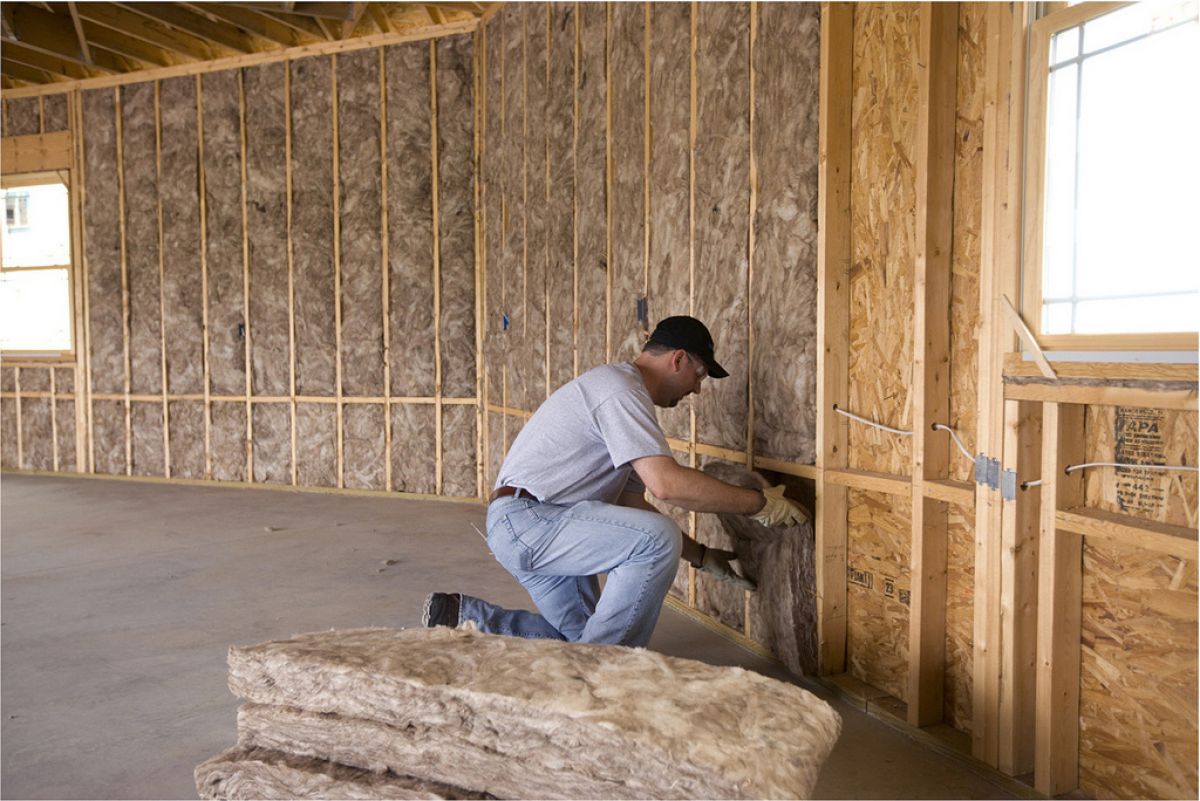
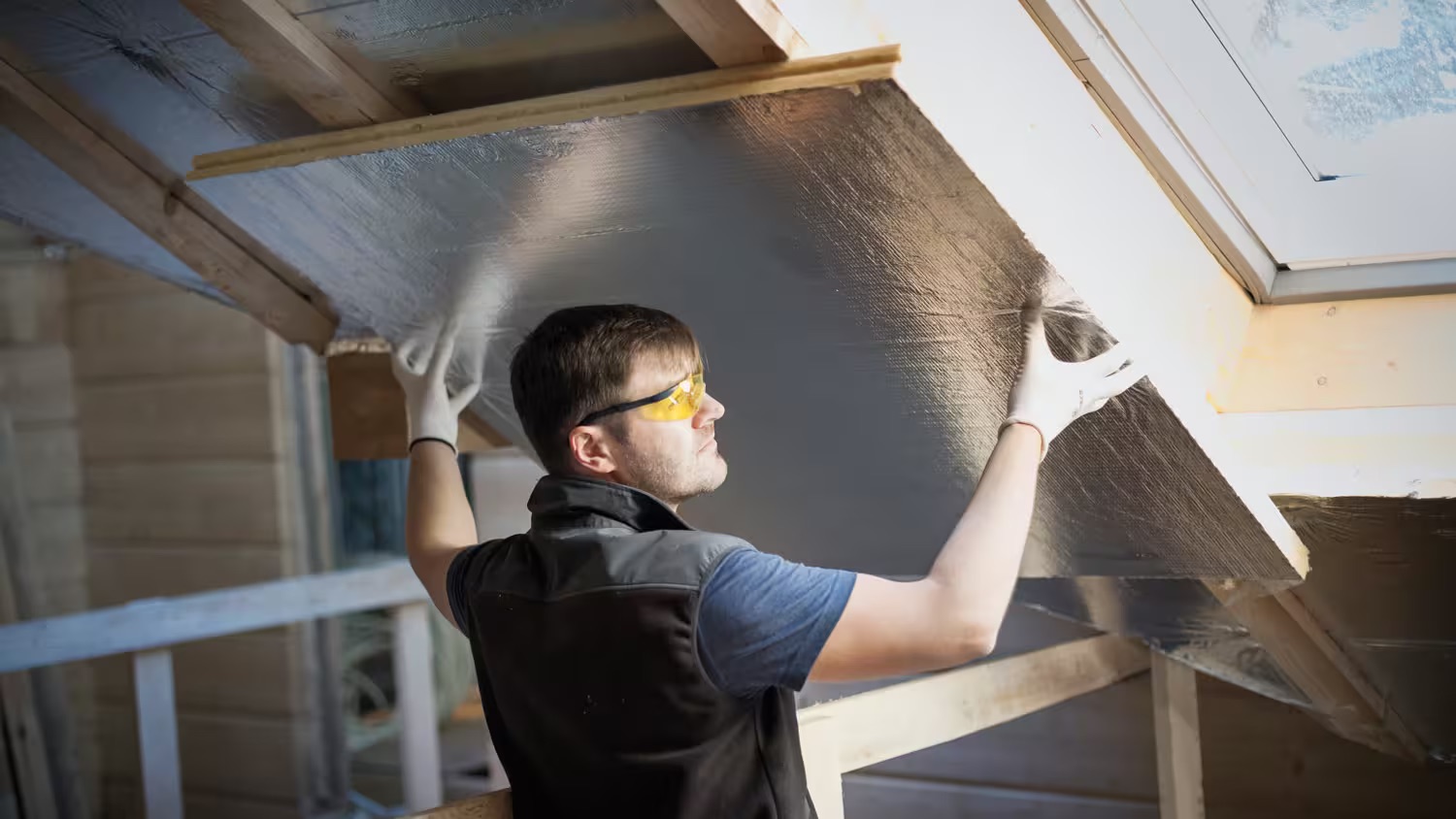
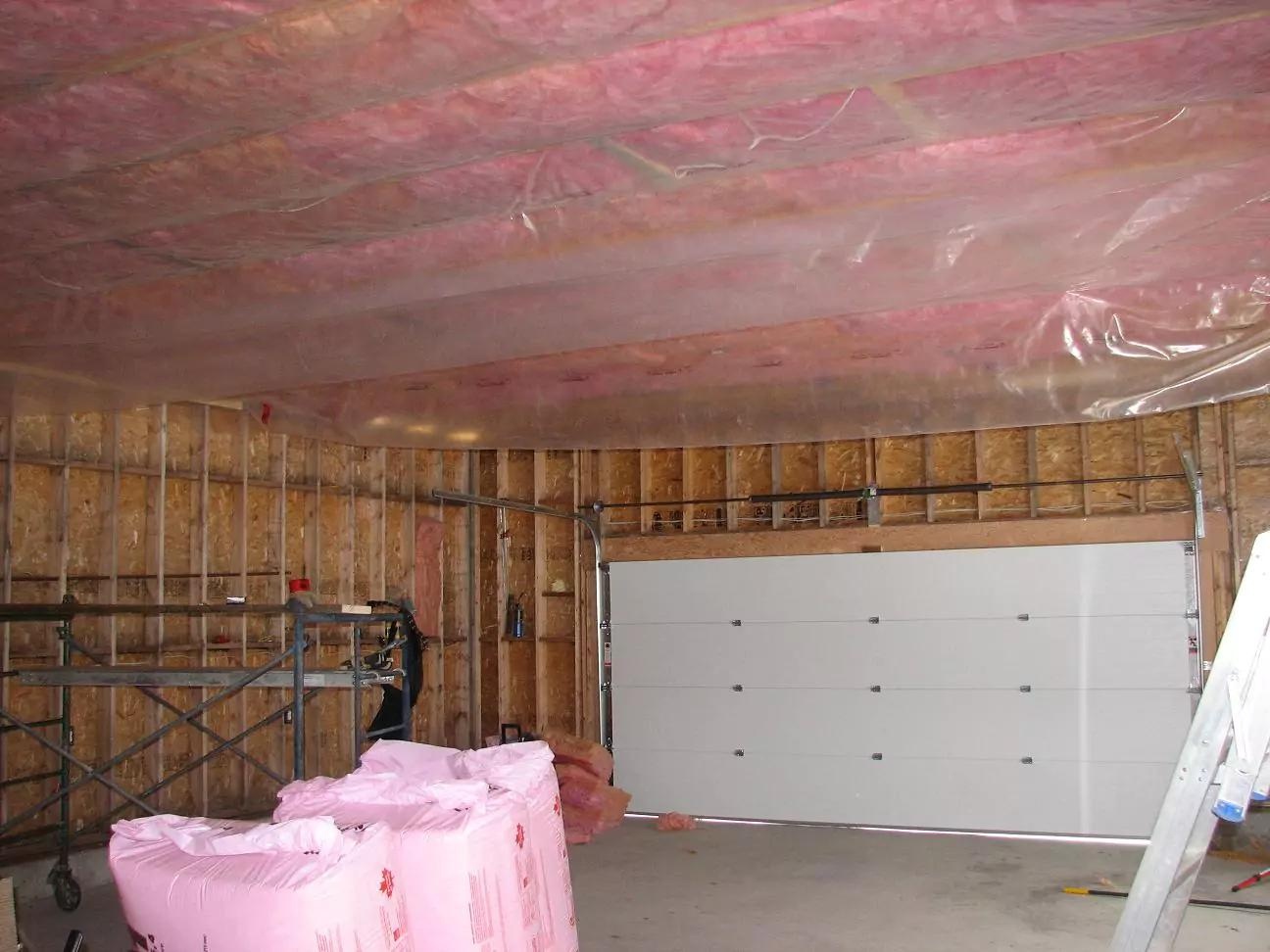
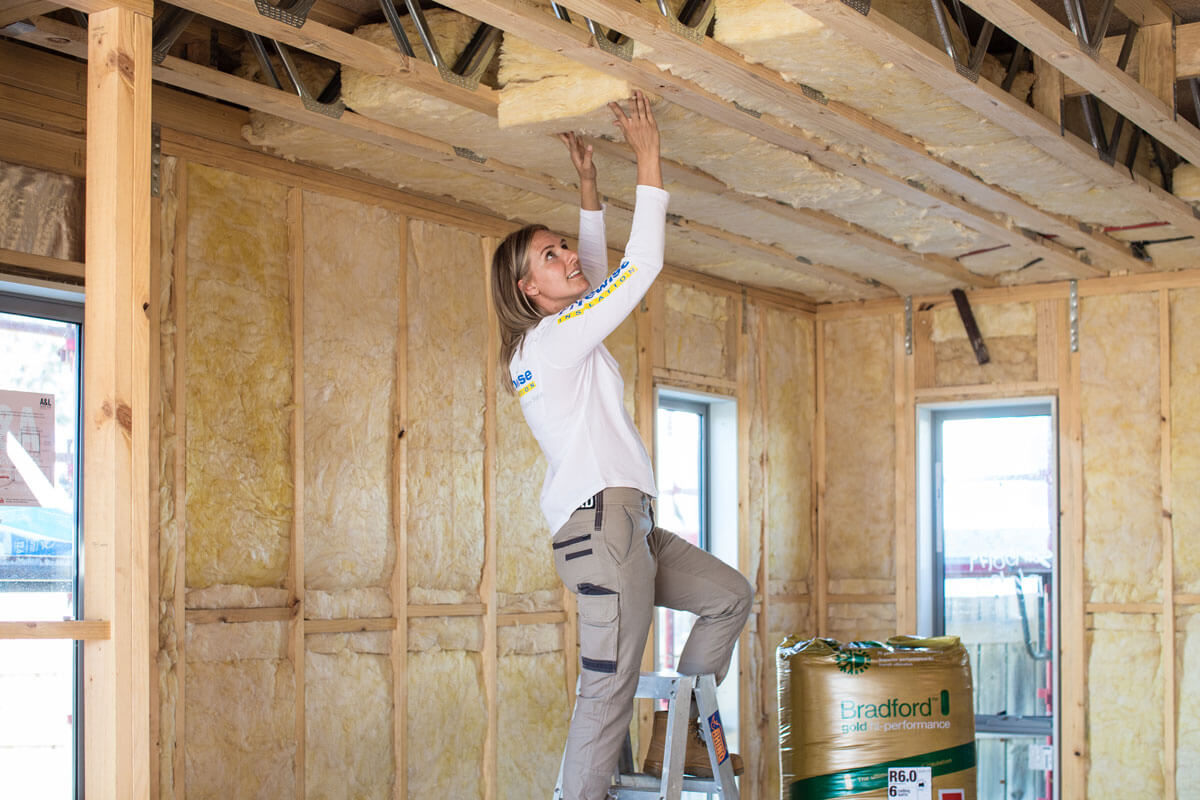
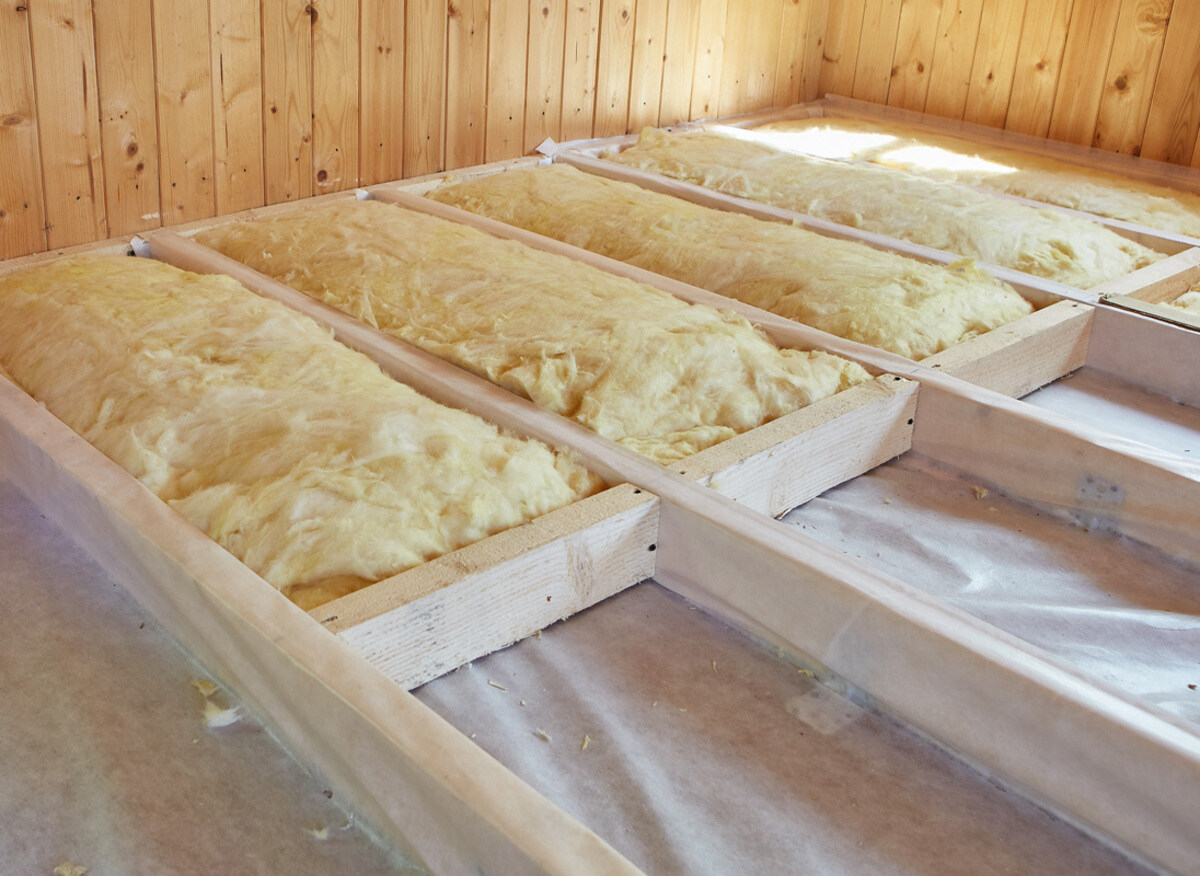
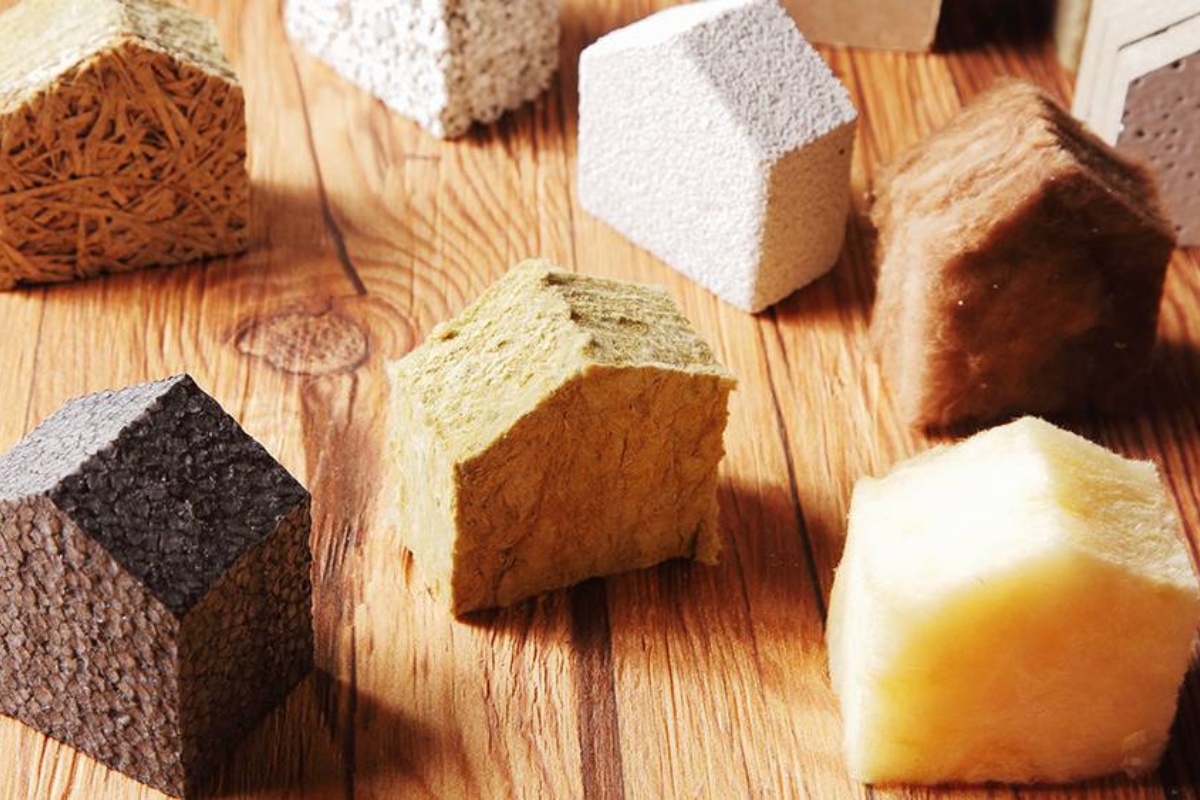
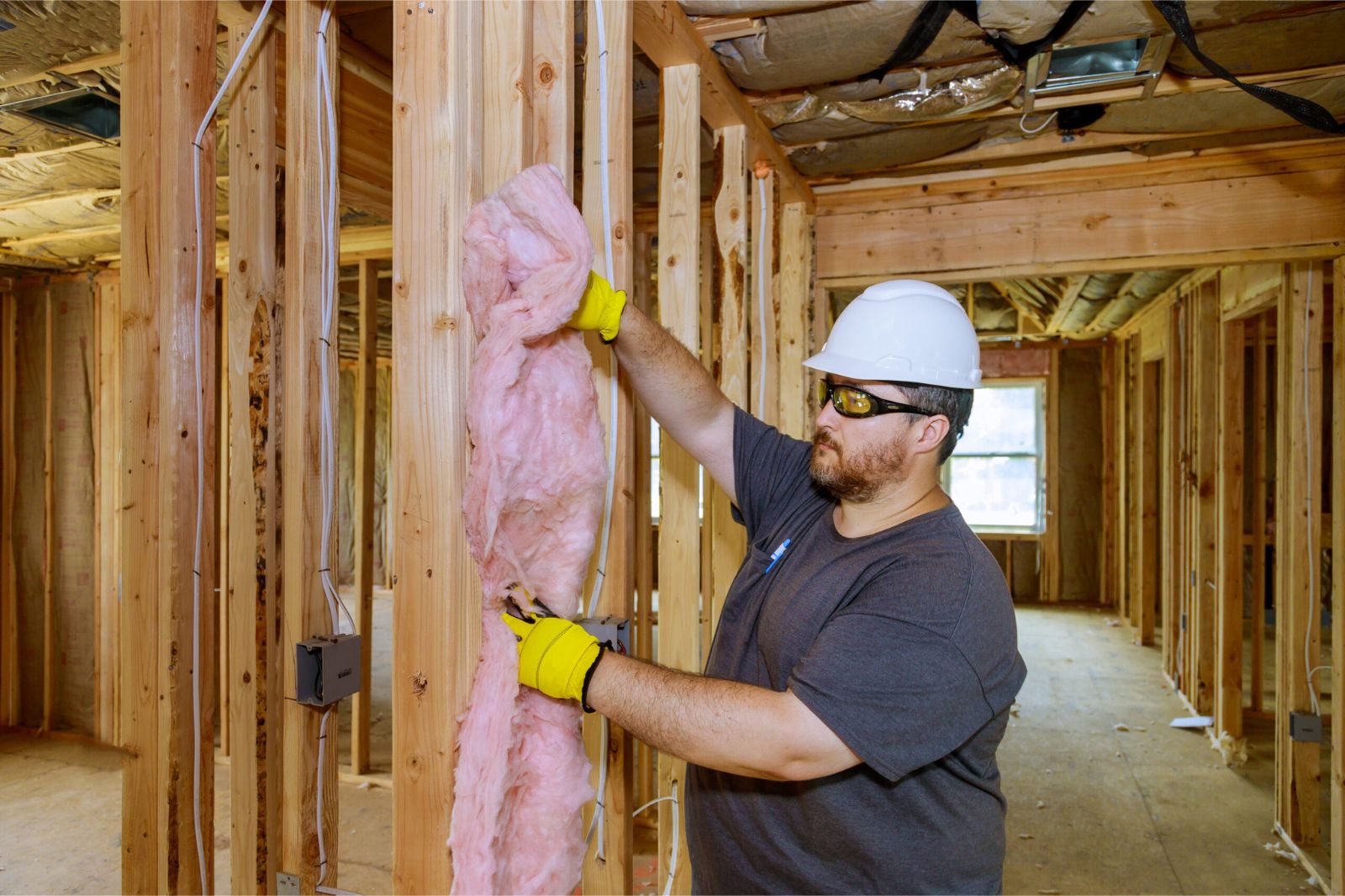
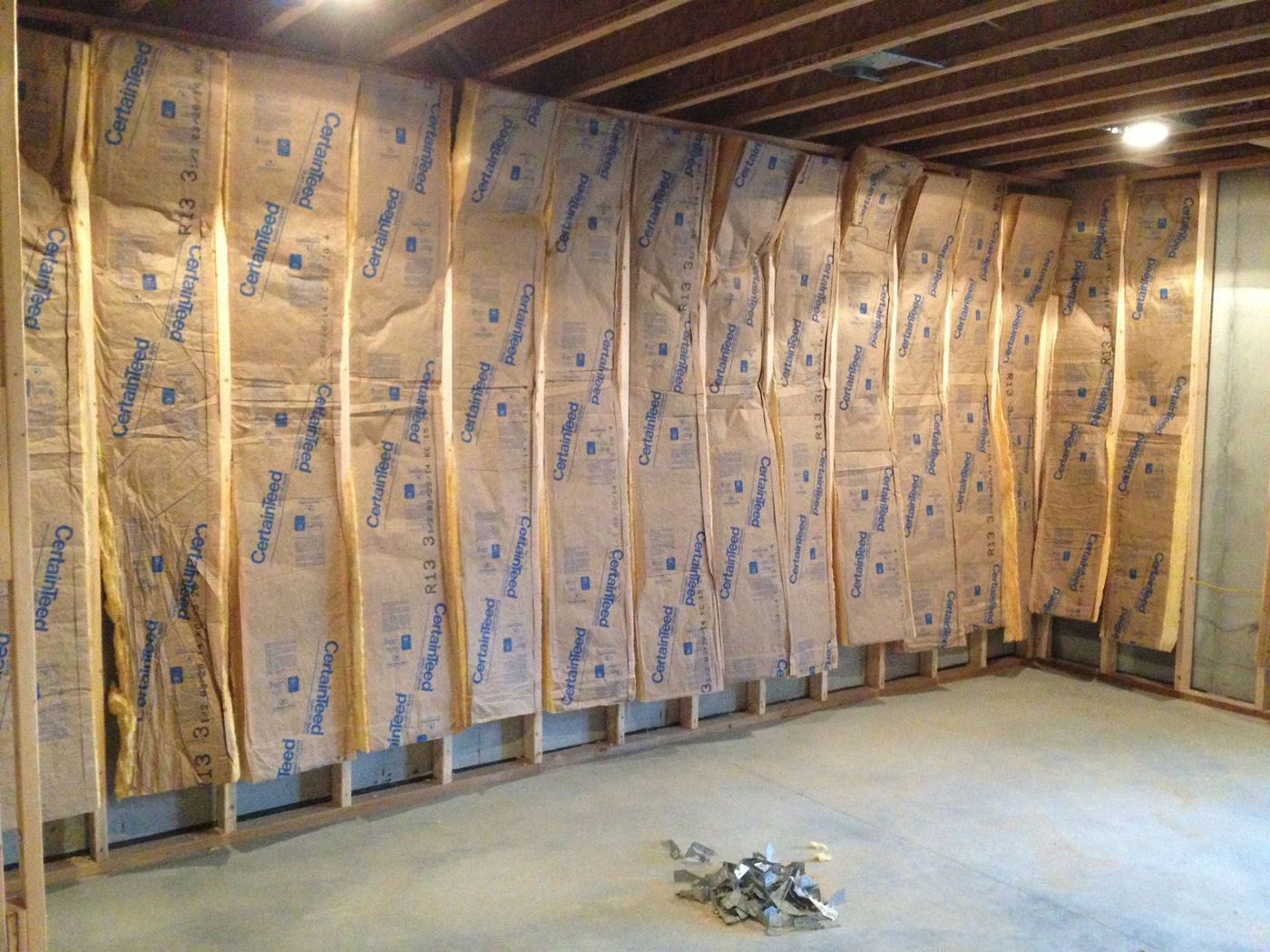
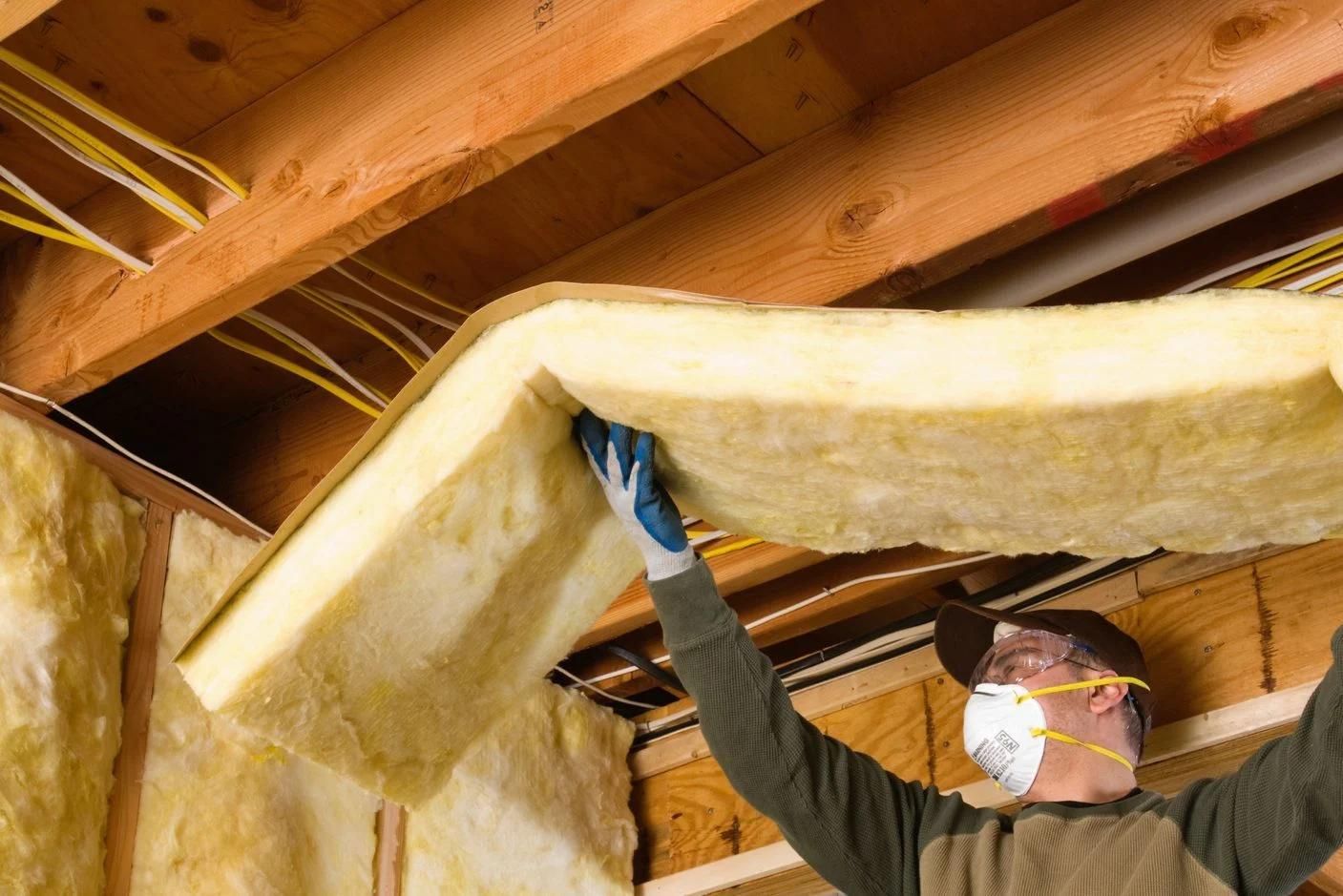
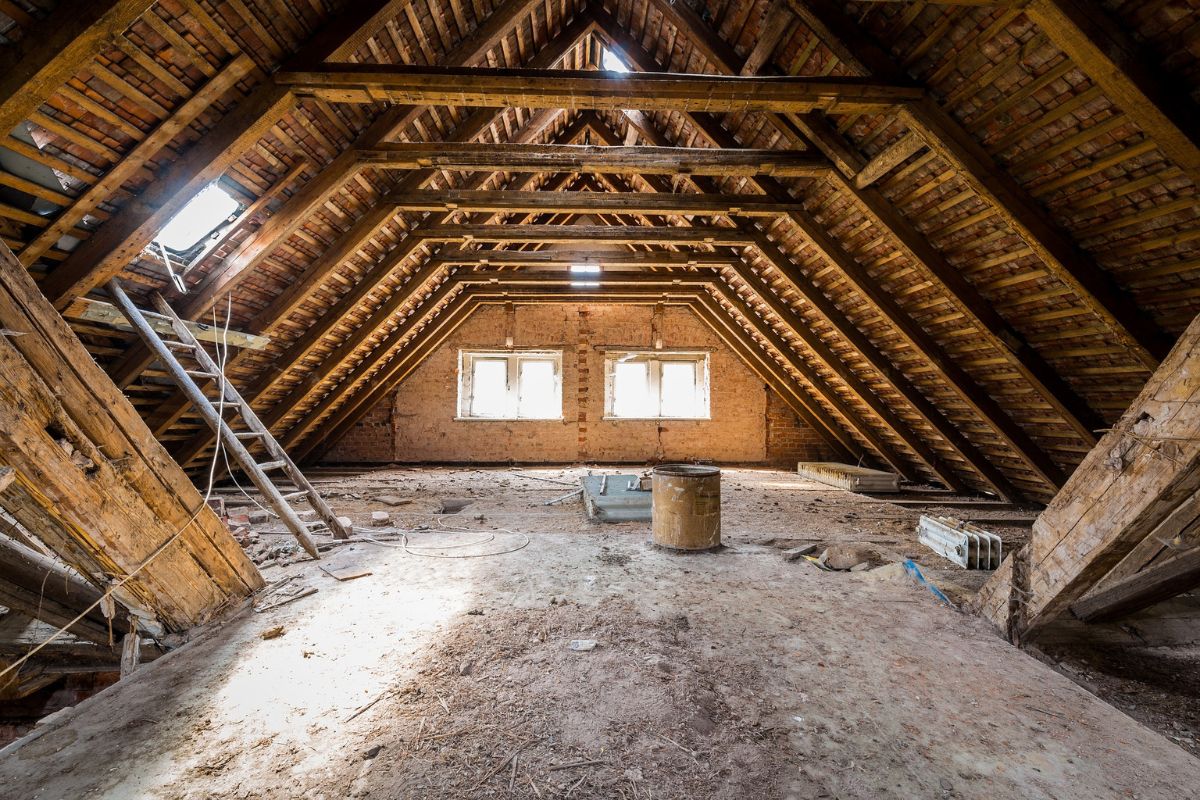
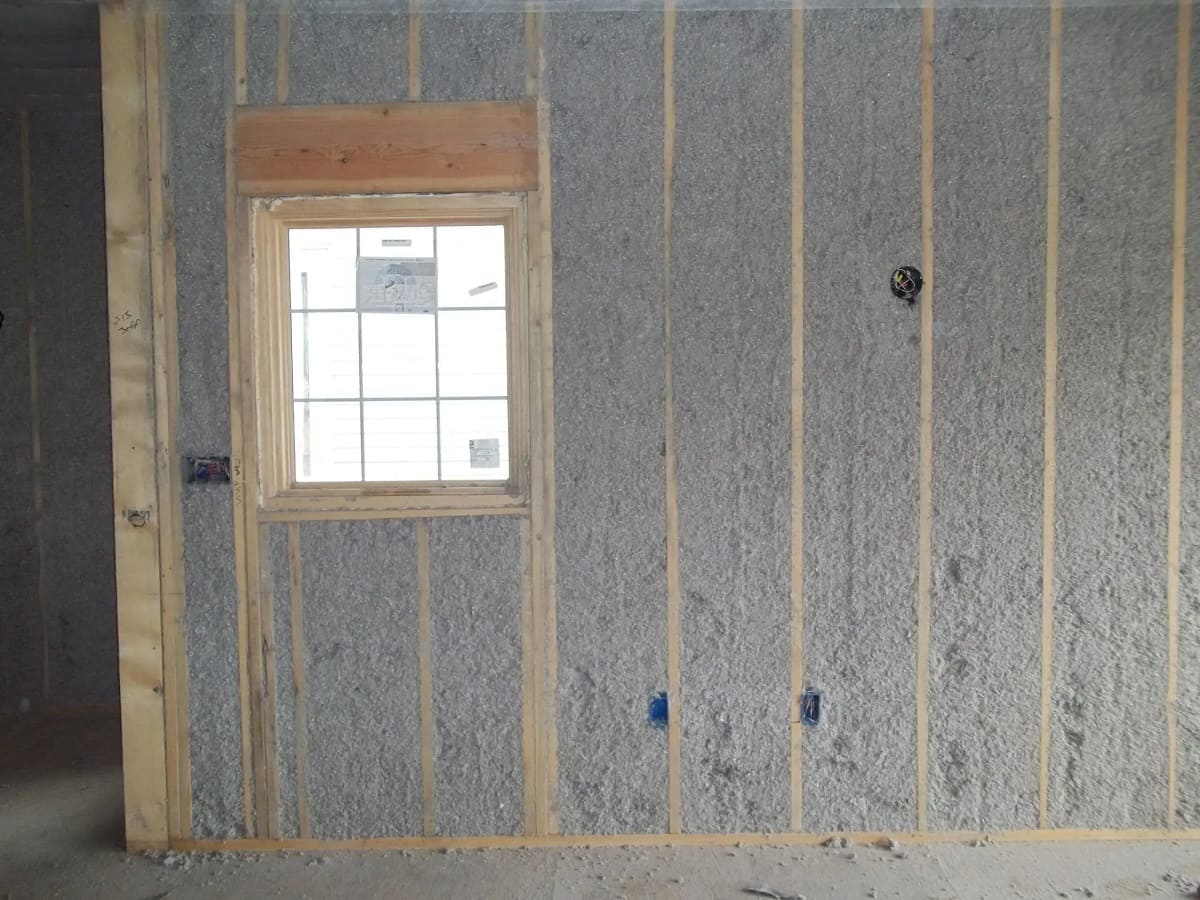
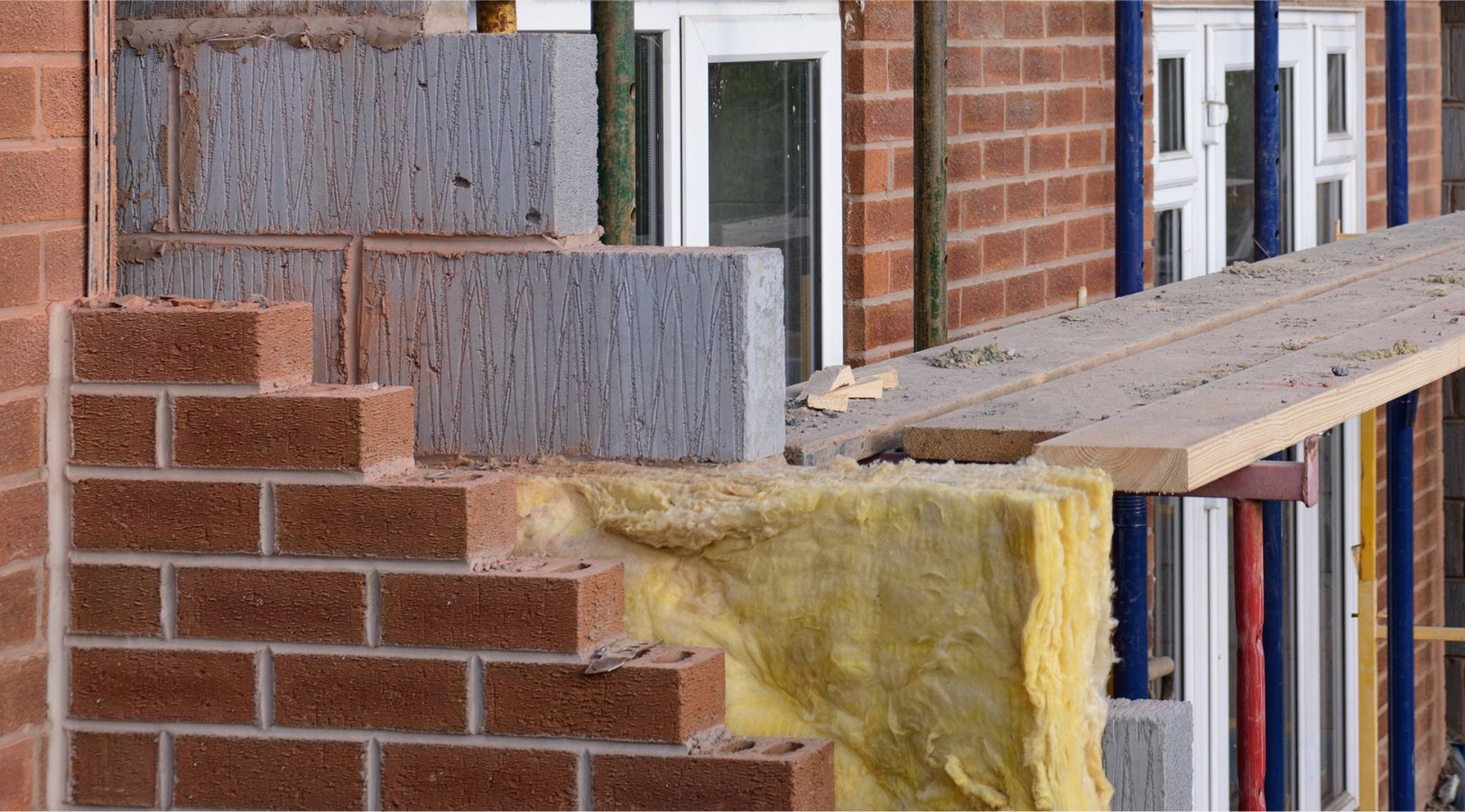
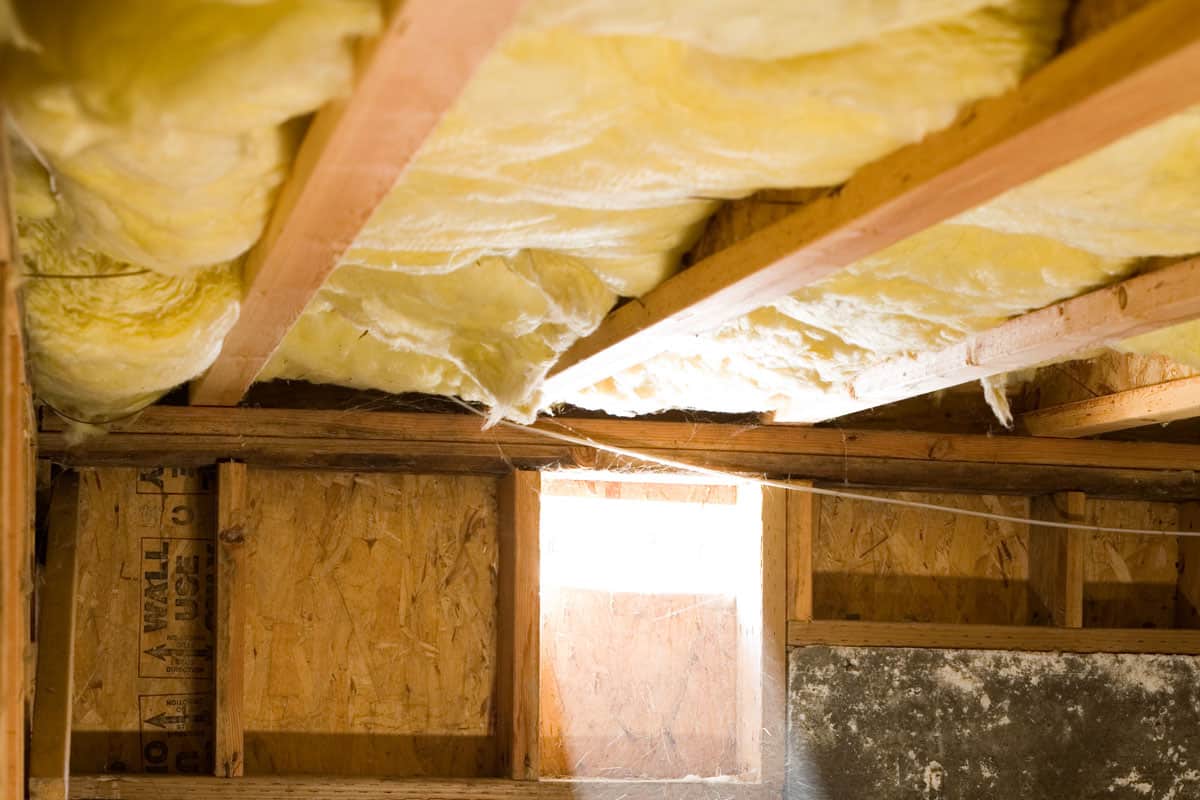
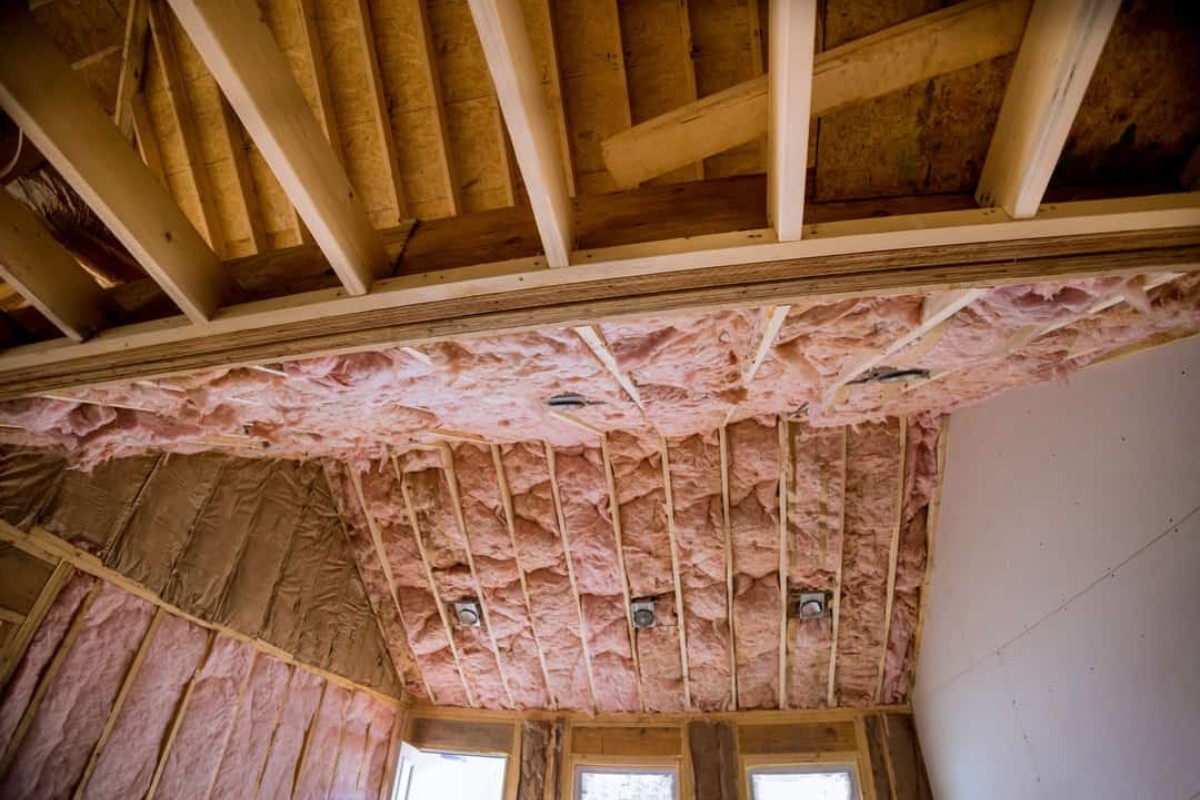

0 thoughts on “What Type Of Insulation Is Best For Basement Walls?”